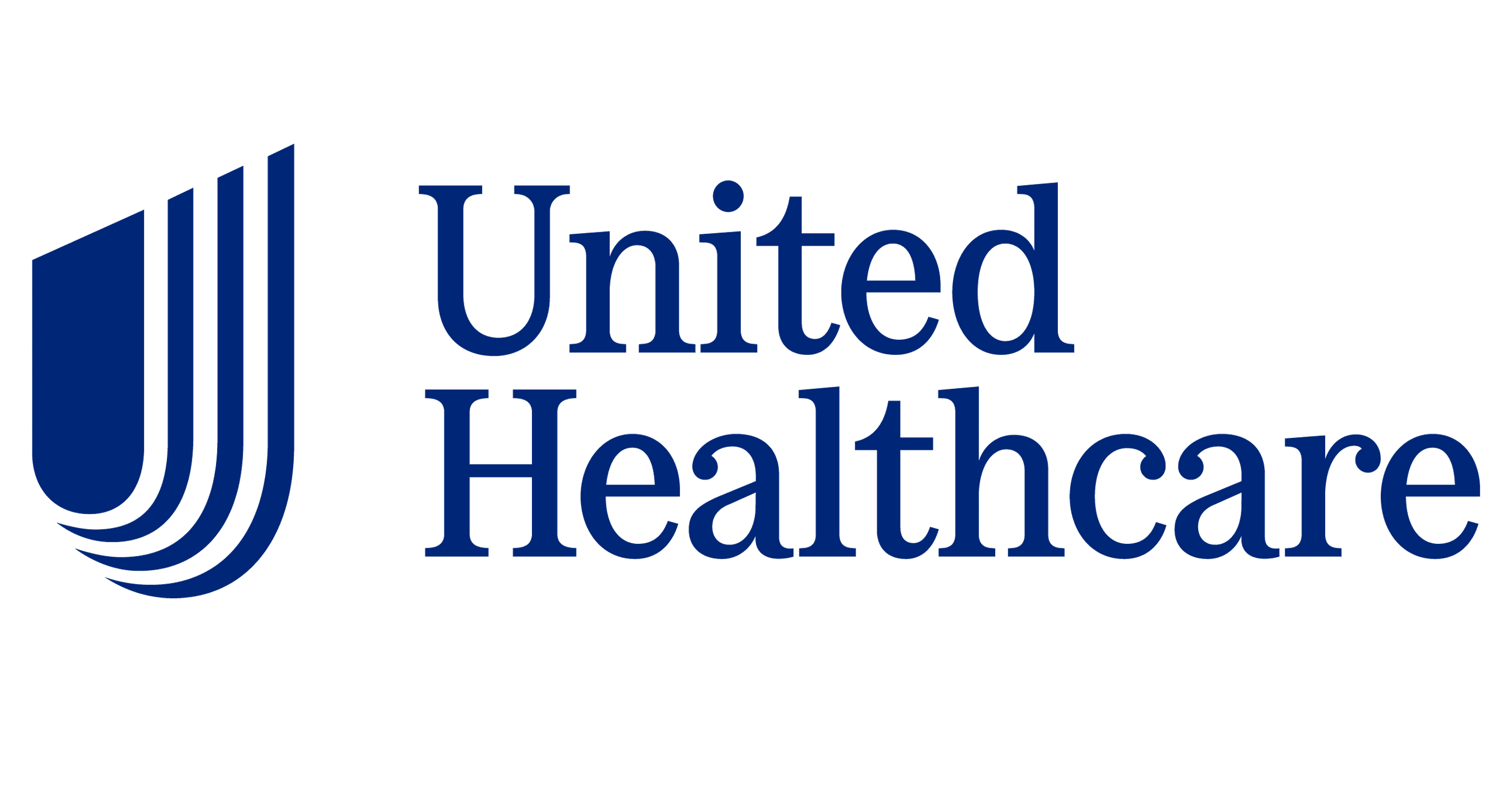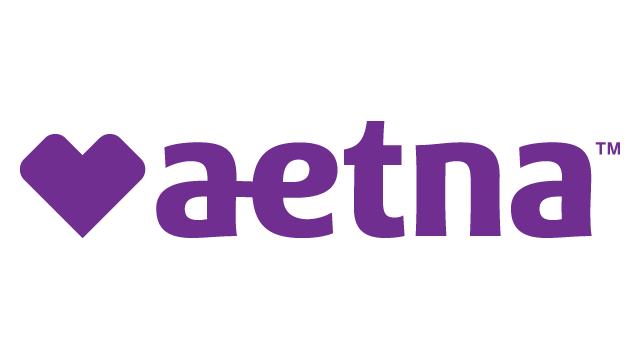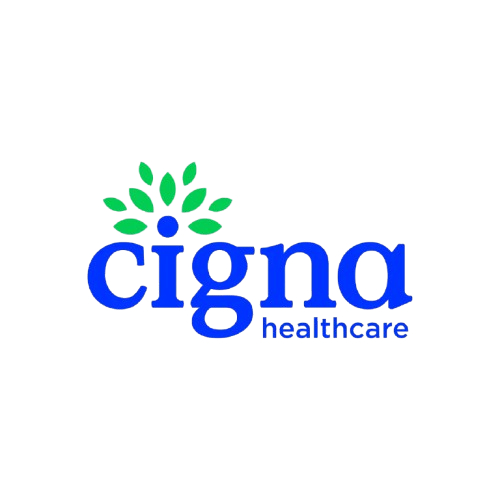HCPCS G2077 Fee Schedule
Healthcare providers use this code to document and receive reimbursement for visits that address moderate-level medical decision-making, often including multiple diagnoses or prescription management.
| Key Fact | Detail |
|---|---|
| Service Type | • Procedures / Professional Services • Opioid Use Disorder - Evaluation and Treatment |
| Complexity Level | Low |
National average reimbursement for HCPCS G2077 by major payers:

$89.19

$111.96

$118.44

$158.32
| Payer | Code | Rate | NPI | Tax ID | State | Specialty |
|---|---|---|---|---|---|---|
Select a payer to view fee schedule data Choose a payer from the options above to see rates for HCPCS G2077 | ||||||
United | G2077 | $234.11 | 1629662267 - BLOOM COLORADO LLC, AFC URGENT CARE GRAND JUNCTION | 862126493 - (CO) BLOOM COLORADO LLC | CO | Urgent Care Clinic/Center (261QU0200X) |
United | G2077 | $238.63 | 1063741163 - AZTEC URGENT CARE, LLC | 271495988 - (NM) AZTEC URGENT CARE LLC | NM | Urgent Care Clinic/Center (261QU0200X) |
United | G2077 | $151.03 | 1629662267 - BLOOM COLORADO LLC, AFC URGENT CARE GRAND JUNCTION | 862126493 - (CO) BLOOM COLORADO LLC | CO | Urgent Care Clinic/Center (261QU0200X) |
United | G2077 | $151.03 | 1629662267 - BLOOM COLORADO LLC, AFC URGENT CARE GRAND JUNCTION | 862126493 - (CO) BLOOM COLORADO LLC | CO | Urgent Care Clinic/Center (261QU0200X) |
United | G2077 | $151.03 | 1063741163 - AZTEC URGENT CARE, LLC | 271495988 - (NM) AZTEC URGENT CARE LLC | NM | Urgent Care Clinic/Center (261QU0200X) |
United | G2077 | $151.03 | 1629662267 - BLOOM COLORADO LLC, AFC URGENT CARE GRAND JUNCTION | 862126493 - (CO) BLOOM COLORADO LLC | CO | Urgent Care Clinic/Center (261QU0200X) |
United | G2077 | $238.63 | 1063741163 - AZTEC URGENT CARE, LLC | 271495988 - (NM) AZTEC URGENT CARE LLC | NM | Urgent Care Clinic/Center (261QU0200X) |
United | G2077 | $234.11 | 1629662267 - BLOOM COLORADO LLC, AFC URGENT CARE GRAND JUNCTION | 862126493 - (CO) BLOOM COLORADO LLC | CO | Urgent Care Clinic/Center (261QU0200X) |
United | G2077 | $234.11 | 1629662267 - BLOOM COLORADO LLC, AFC URGENT CARE GRAND JUNCTION | 862126493 - (CO) BLOOM COLORADO LLC | CO | Urgent Care Clinic/Center (261QU0200X) |
United | G2077 | $234.11 | 1629662267 - BLOOM COLORADO LLC, AFC URGENT CARE GRAND JUNCTION | 862126493 - (CO) BLOOM COLORADO LLC | CO | Urgent Care Clinic/Center (261QU0200X) |
United | G2077 | $151.03 | 1063741163 - AZTEC URGENT CARE, LLC | 271495988 - (NM) AZTEC URGENT CARE LLC | NM | Urgent Care Clinic/Center (261QU0200X) |
United | G2077 | $151.03 | 1063741163 - AZTEC URGENT CARE, LLC | 271495988 - (NM) AZTEC URGENT CARE LLC | NM | Urgent Care Clinic/Center (261QU0200X) |
United | G2077 | $151.03 | 1629662267 - BLOOM COLORADO LLC, AFC URGENT CARE GRAND JUNCTION | 862126493 - (CO) BLOOM COLORADO LLC | CO | Urgent Care Clinic/Center (261QU0200X) |
United | 99202 | $100.00 | 1234567890 | 1234567890 | CA | Cardiologist |
United | 99202 | $100.00 | 1234567890 | 1234567890 | CA | Cardiologist |
United | 99202 | $100.00 | 1234567890 | 1234567890 | CA | Cardiologist |
United | 99202 | $100.00 | 1234567890 | 1234567890 | CA | Cardiologist |
United | 99202 | $100.00 | 1234567890 | 1234567890 | CA | Cardiologist |
United | 99202 | $100.00 | 1234567890 | 1234567890 | CA | Cardiologist |
United | 99202 | $100.00 | 1234567890 | 1234567890 | CA | Cardiologist |
United | 99202 | $100.00 | 1234567890 | 1234567890 | CA | Cardiologist |
United | 99202 | $100.00 | 1234567890 | 1234567890 | CA | Cardiologist |
United | 99202 | $100.00 | 1234567890 | 1234567890 | CA | Cardiologist |
Want to see your competitors' rates?
Start your trial today to unlock complete access to provider rates and fee schedules in your area.
Here's what you can do with PayerPrice
Renegotiate your managed care contracts
Benchmark your current rates against market averages to identify opportunities for rate optimization.
Prospect for new business using fee schedules
Access every provider's negotiated rates for every billing code in your market to inform your prospecting strategies.
Integrate real-time payer data into your workflows
Automatically keep fee schedules up-to-date without adding yet another log-in to your insurance systems. Connect via API or SQL.
PayerPrice shows you the exact negotiated rates that insurers publish under federal transparency rules.
We display the raw data directly from insurers' files, giving you the same information they make public. Learn more about Price Transparency.
HCPCS G2077 vs. Other Opioid Use Disorder - Evaluation and Treatment Codes
The HCPCS G2077 code is part of the Procedures / Professional Services services used for Opioid Use Disorder - Evaluation and Treatment. It represents a moderate-complexity encounter and is one of several codes that vary based on time spent, level of medical decision-making, and documentation requirements.
The HCPCS G2077 code involves more provider time and moderate medical decision-making, unlike lower-level codes that require less time and simpler assessments. It typically includes multiple diagnoses, medication management, or test interpretation, leading to higher reimbursement and more detailed documentation requirements.
| Code | Complexity | Description |
|---|---|---|
| G2076-HCPCS | Low | Intake activities, including initial medical examination that is a complete, fully documented physical evaluation and initial assessment by a program physician or a primary care physician, or an authorized healthcare professional under the supervision of a program physician qualified personnel that includes preparation of a treatment plan that includes the patient's short-term goals and the tasks the patient must perform to complete the short-term goals; the patient's requirements for education, vocational rehabilitation, and employment; and the medical, psycho- social, economic, legal, or other supportive services that a patient needs, conducted by qualified personnel (provision of the services by a medicare-enrolled opioid treatment program); list separately in addition to code for primary procedure |
| G2077-HCPCS | Low | Periodic assessment; assessing periodically by qualified personnel to determine the most appropriate combination of services and treatment (provision of the services by a medicare-enrolled opioid treatment program); list separately in addition to code for primary procedure |
| G2078-HCPCS | Low | Take-home supply of methadone; up to 7 additional day supply (provision of the services by a medicare-enrolled opioid treatment program); list separately in addition to code for primary procedure |
What is a fee schedule?
A fee schedule is a list of fixed prices that healthcare providers charge for specific services, including HCPCS G2077. These prices vary depending on payer type (Medicare, Medicaid, private insurance), geographic location, and provider contracts.
Understanding the G2077 fee schedule helps patients estimate costs and providers optimize billing for accurate reimbursements.
Factors that affect fee schedules
Medicare & Medicaid Rates
Government-set reimbursement amounts
Private Insurance Rates
Negotiated rates between providers and insurance companies
Geographic Location
Costs may be higher in urban areas.
Provider Type
Hospital providers may have different rates than private practice.
Let's review your payer contracts side-by-side with the market.
Bring your top codes (like HCPCS G2077) and we'll show you how you compare in 15 minutes or less.
